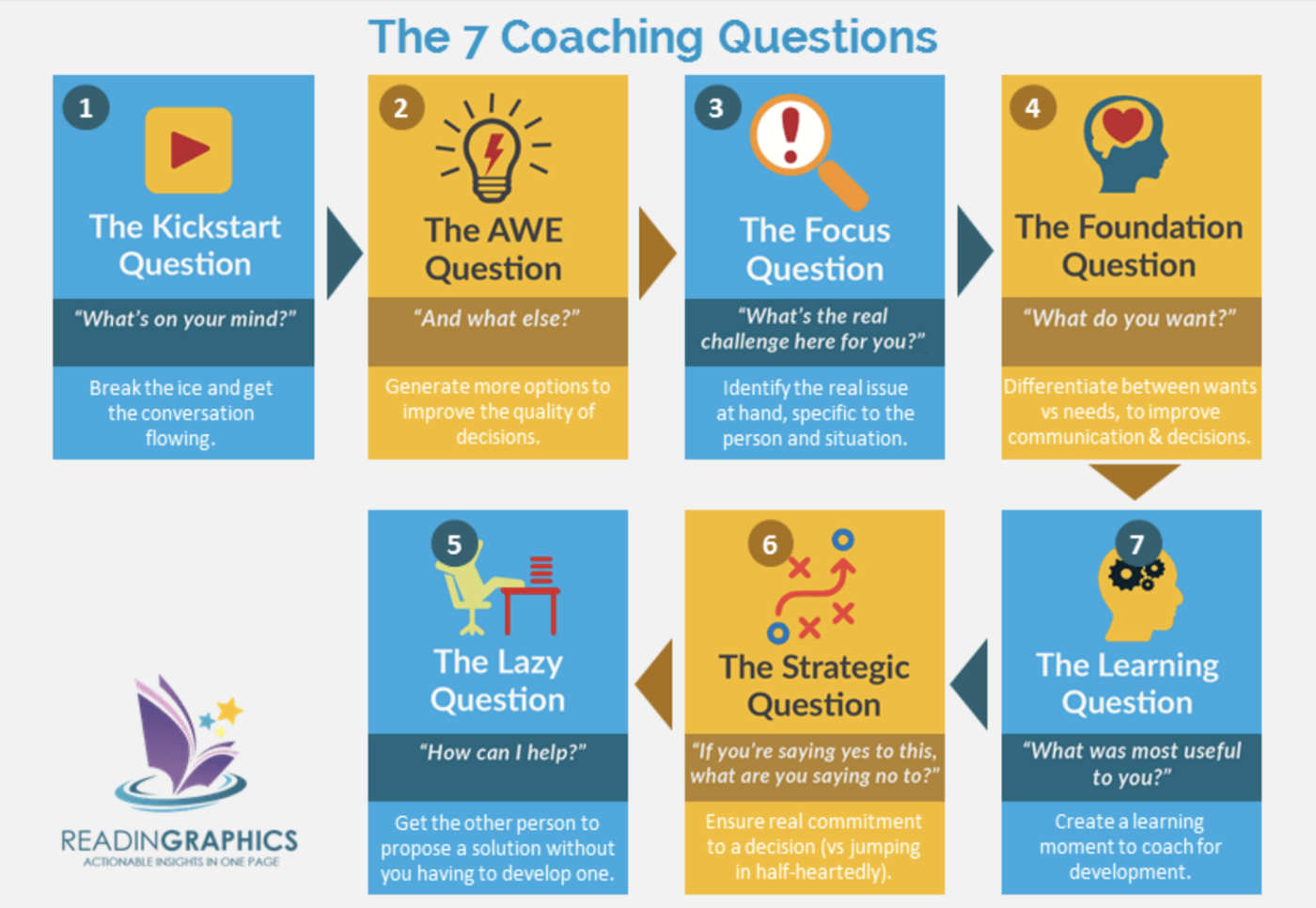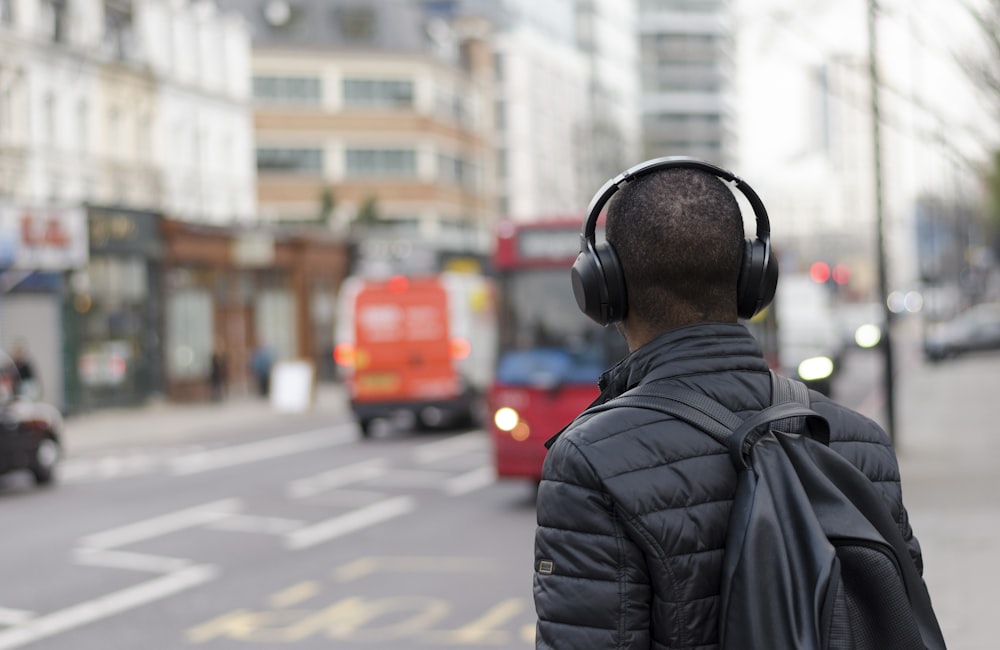When it comes to our current observation processes, is anyone winning?
On November 29, 2019, a teacher from Ontario posted a heartfelt, transparent update about his experience with a formal observation, something he calls a teacher performance appraisal (2:50). It’s worth a watch.
What strikes me most about his story is the sheer relief he expresses. It’s visceral. The observations are over, the report has been written, and he was given a stamp of professional approval.
There’s some pride and satisfaction there, for sure. But what I sense most strongly is the relief. He celebrates the fact that he won’t have to endure this process again for another four years.
Sadly, most educators can relate to that feeling.
Similar processes of formal teacher evaluation have been in place in most North American school districts for decades. They usually involve administrators sitting in classrooms for a series of classes in order to observe the teacher’s every move: their instruction, their feedback, their classroom management, the ways they interact with students, and much more.
Checklists and clipboards are present, and long reports follow.
And despite vigorous efforts to spin it otherwise, formal observations of this nature feel like a giant magnifying glass has been focused squarely on the teacher. It’s gotcha at its worst, and most teachers dislike the whole ordeal immensely.
It brings out all the insecurities and imposter syndrome like few other experiences in education. And it creates a lot of sleepless nights.
Yes, the teacher receives written feedback on their performance in the form of formal reports once the observations are said and done.
But aren’t there better ways to support teacher growth?
The instructional coaching model packs powerful potential
Enter the instructional coaching model, which has been making incremental gains in schools across North America over the last decade. More and more districts are recognizing the fact that instructional coaching is far and away the most effective tool for professional development.
Conferences are great. Workshops can be transformative. Books, podcasts, online courses, and YouTube content can all be inspiring and helpful.
But nothing can touch the power of another education professional in a teacher’s classroom who shows up, encourages, asks questions, and offers constructive feedback day after day for a planned series or season of classes.

And the very best part for many teachers: an instructional coach is usually not a part of the school’s administrative team. Their records and observations aren’t included in professional evaluations and files, and they don’t report their experiences to the principal or board.
This is a game-changer. With time — and as trust accumulates — the teacher starts to see the instructional coach as an ally, a professional friend, and someone who is safe. The coach is in the room to help, back up, promote strengths, ask thoughtful questions, and even join in the instruction.
That’s all wins and no losses. It’s the professional learning dream.
The challenge schools face without instructional coaches
Unfortunately, the reality for many schools and districts is that no such person exists on staff. Perhaps the school isn’t large enough to support the added salary, or the district hasn’t made it a priority.
Whatever the story, an instructional coach isn’t always available. Which brings us back to administrators and their formidable formal assessments, or as the teacher from Ontario calls them, teacher performance appraisals.
Man, that just sounds terrifying.
More formative, less summative = more teacher growth
It’s been well-established that students don’t learn a lot from summative assessments, especially those which allow no opportunity for review, revision, or reflection. Perhaps the worst offender in this category is the standardized test, which is typically administered as an isolated event and offers little connection with learning that came before it.
It’s a snapshot, and it gives the evaluator some information. But left by itself, it doesn’t move student learning forward a single inch.
On the other hand, we know that students learn a whole lot from ongoing, conversational feedback. Like learning to ride a bike or play basketball with the help of a coach, it’s real-time feedback for real-time learning. Growth can be instantaneous and sustained.
As Dylan Wiliam and Siobhan Leahy write in Embedding Formative Assessment, “The biggest impact happens with ‘short-cycle’ formative assessment, which takes place not every six to ten weeks but every six to ten minutes, or even every six to ten seconds.”
No, principals and vice-principals don’t typically have the time to sit beside teachers with the kind of sustained frequency that full-time instructional coaches can. And the fact that principals are involved in the hiring and firing of teachers works against the kind of safety and trust that can be found in a coach.

But there’s still plenty of opportunity for administrators to move away from an evaluative mindset and into one of coaching:
Fewer checkboxes, more encouragement.
Fewer reports, more learning conversations.
Less written analysis, more curious questions.
Less critique of weaknesses, more identification of strengths.
Less catching the teacher in non-compliance, more celebrations of growth.
It’s a paradigm shift.
Can formal evaluations be scrapped altogether?
As I close, we have to acknowledge an uncomfortable fact: as things stand in K-12 today, formal evaluation processes are difficult to eliminate completely.
Formal observation reports can actually be quite valuable for teachers when they decide to apply to other schools and districts. Few things say “This teacher is a an exceptional educator and competent professional” with more authority than the kind of in-depth analysis and commentary that these reports provide.
By the same token, formal documentation is quite important when principals are faced with the unpleasant task of dismissing incompetent teachers. Teacher dismissal can be a formidable task at the best of times — so onerous that most public school teachers across North America are basically un-fireable short of egregious professional misconduct. But if and when dismissal or remediation is required, proper documentation is an essential part of the conversation.
That’s not to say that formal evaluations must stay.
Would teachers experience vastly better professional growth if all the time and energy spent on formal evaluation processes was spent on coaching in classrooms instead?
Yes.
Would staff wellness, culture, and climate in most learning communities improve?
Yes. (For principals, too — formal evaluation reports eat up huge amounts of time and energy.)
Can formal observations and evaluations be scrapped completely?
I’m not sure.
But let’s keep moving in a coaching direction.







